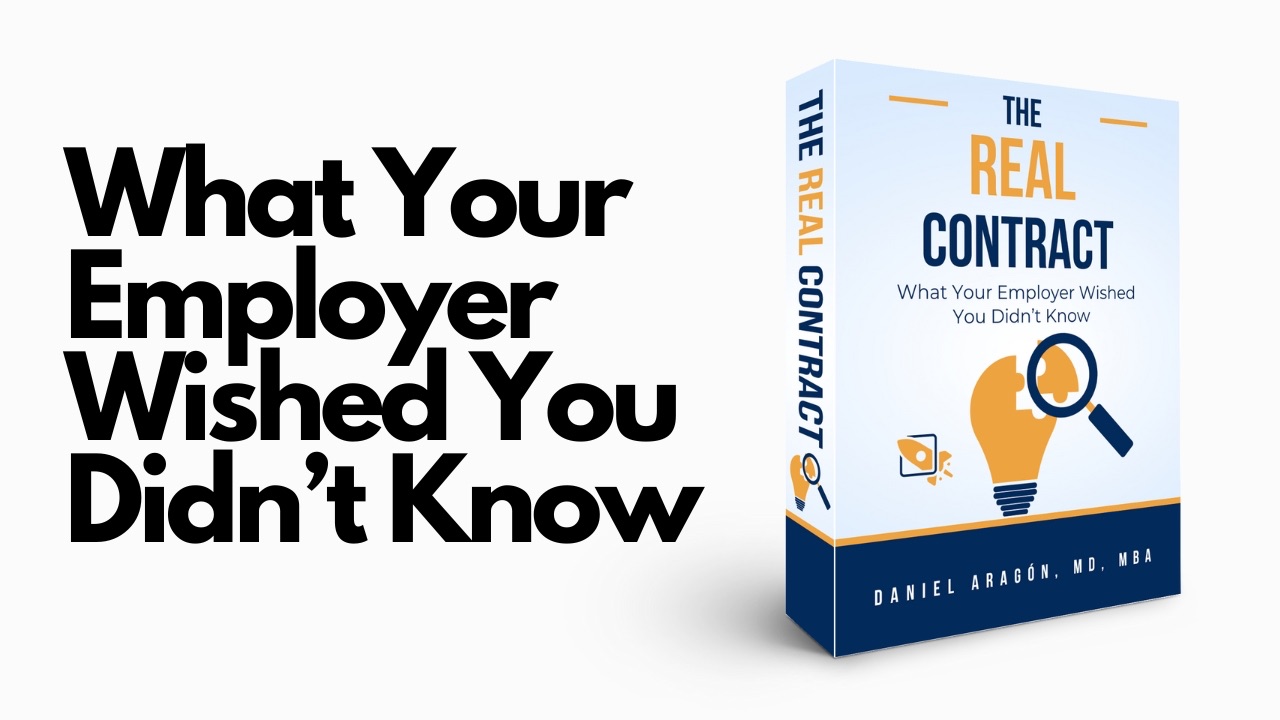
How to Find the Right Practice Fit as a Physician
Key Takeaways
- Your practice "fit" matters more than your salary. A bad fit can make even a great paycheck feel miserable.
- Over half of physicians leave jobs due to poor cultural fit. Not workload, not pay—fit.
- Women now make up the majority of medical school graduates. This is changing work culture, schedules, and expectations.
- Part-time and flexible schedules are growing in demand. If you want work-life balance, check if your employer actually supports it.
- If your practice fit is bad, you’ll probably leave. And job-hopping can hurt your career.
1. Why Do So Many Physicians Quit Their First Job?
What’s the biggest reason doctors leave their first job?
📍 Location? Kind of. 42% leave to move closer to family.
📍 Money? Not really. Most doctors make similar salaries within their specialty.
📍 Burnout? It’s a factor, but not the top reason.
The #1 reason physicians quit? Poor cultural fit.
A massive survey by Cejka Search and the American Medical Group Association found that 51% of physicians left because they didn’t fit with the practice culture.
So what does that mean for you? If your first job isn’t a good fit, you’ll probably leave.
2. What Even Is “Practice Fit”?
Think about it:
- Do you want a tight-knit private practice or a big hospital system?
- Do you hate the idea of working weekends? Some jobs expect it.
- Do you want mentorship and collaboration, or do you prefer working solo?
- Does the culture support work-life balance, or do they just pretend to?
Practice fit means more than just job duties. It’s about how you feel at work, how you fit in with the team, and whether you’ll actually stay long-term.
If you ignore this, you’ll probably be job-hunting again in a year or two.
3. The Changing Demographics of Medicine
🚨 Medicine isn’t what it was 20 years ago.
- Women now make up the majority of medical school graduates.
- The average practicing physician is male and 42+ years old.
- New doctors expect more work-life balance than previous generations.
What does this mean? Workplace culture is shifting.
✅ Flexible schedules are becoming more common.
✅ Part-time options are growing, especially for women starting families.
✅ Employers are starting to care more about cultural fit because high turnover costs them money.
If you’re interviewing at a practice with an old-school, rigid mentality, ask yourself: Will I actually be happy here?
4. Red Flags That a Practice Isn’t the Right Fit
Not every job is what it seems. Watch out for these warning signs:
🚩 Nobody in the practice is happy. If people seem miserable, you will be too.
🚩 You never meet the other doctors during interviews. They might be hiding something.
🚩 High turnover rates. If they constantly lose doctors, there’s a reason.
🚩 They dodge your questions about work-life balance. That usually means it’s bad.
🚩 They expect you to work crazy hours with no flexibility. That’s a burnout recipe.
A bad job doesn’t just make you unhappy—it can hurt your career. If you leave too soon, future employers might see you as a job-hopper.
5. What to Ask Before Accepting a Job Offer
🔥 How do you avoid a bad fit? Ask the right questions.
- How is the call schedule structured?
- What’s the average turnover rate for new hires?
- How much administrative work is required?
- Do they offer part-time or flexible scheduling?
- Are there mentorship or leadership opportunities?
- What’s the culture like among physicians here?
If they can’t answer—or give vague, scripted answers—that’s a red flag.
You’re not just signing a contract. You’re signing up for a way of life.
6. Private Practice vs. Hospital Employment: Which One Fits You?
👩⚕️ Private Practice (Good if you want independence)
✅ More autonomy over schedule and patient care
✅ Higher income potential long-term
❌ More administrative and business responsibilities
🏥 Hospital Employment (Good if you want stability)
✅ Predictable salary with benefits
✅ No overhead or practice management stress
❌ Less control over schedule and patient care
If you like being your own boss, private practice might be a better fit.
If you want stability and don’t want to deal with business headaches, hospital employment might be better.
Know which one actually aligns with what you want.
7. How to Avoid the “Wrong Fit” Mistake
90% of this comes down to research.
✅ Talk to current and former employees. Find out what the culture is really like.
✅ Ask about work schedules, support, and turnover rates.
✅ Read between the lines in interviews. If they dodge questions, be skeptical.
✅ Make sure your personal priorities align with the practice’s expectations.
A great salary means nothing if you hate your life. Find a job that fits you.
Your Job Fit Matters More Than You Think
If your first job isn’t a good fit, you will leave.
🚨 And that’s not just frustrating—it can hurt your career.
Before signing a contract:
✅ Know what you want in a job.
✅ Ask the right questions.
✅ Look beyond salary.
Because the wrong job will cost you more than just money.






